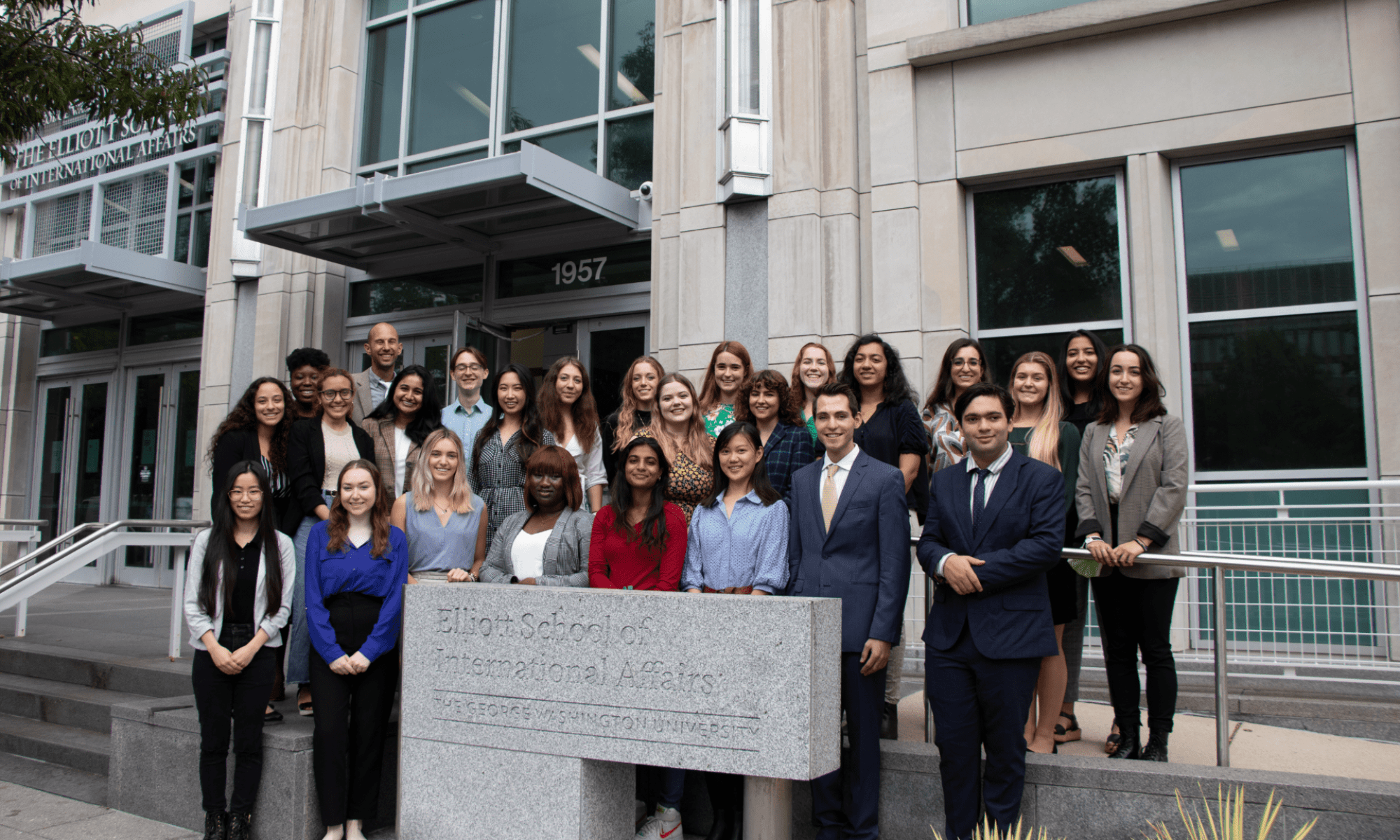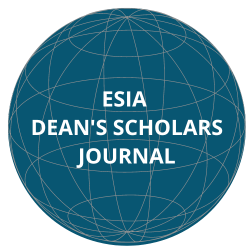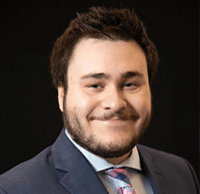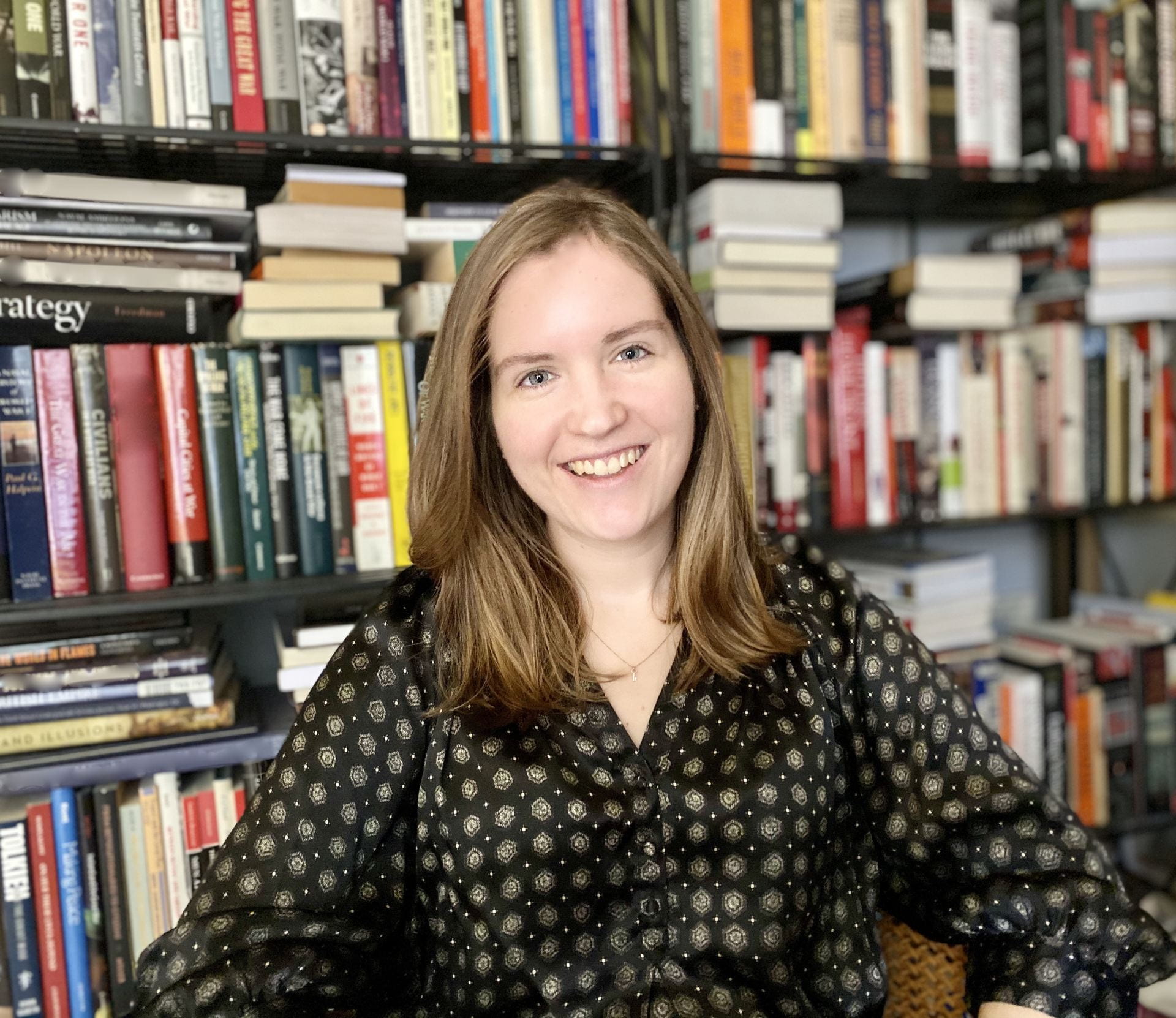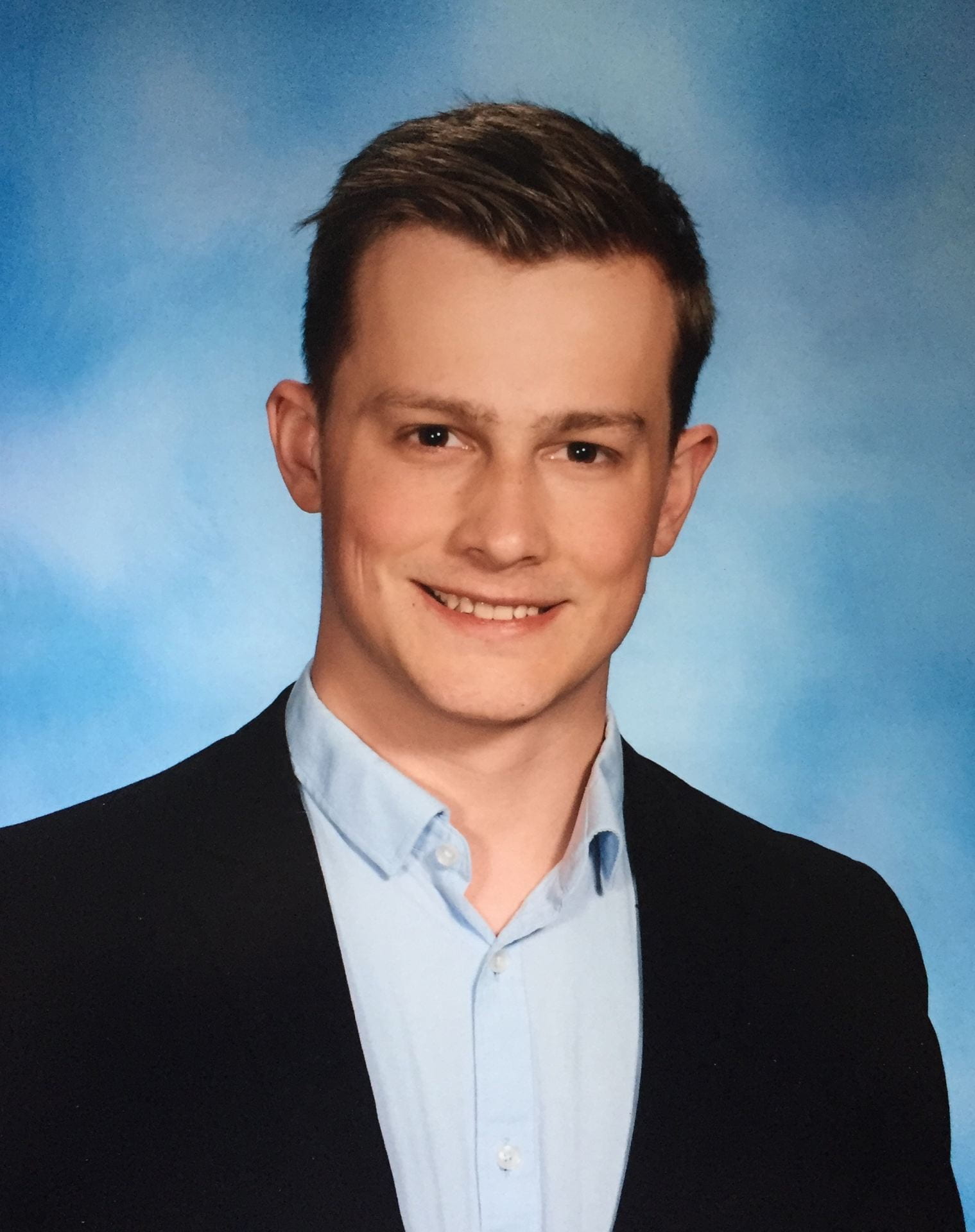By Anneliese Raynolds, Edited by Samantha Lewis
As a member of the Dean’s Scholar 2018-2019 Cohort, Zachary Slotkin studied women’s access to transitional justice in the post-conflict Acholi sub-region of Uganda. He received the Undergraduate Research Fellowship through the Elliott School to fund his research, which included a trip to Uganda. While there, he conducted interviews to study the ways conflict uniquely impacted women, the variety of transitional justice processes available, and the structural barriers preventing women from achieving transitional justice. He focused on the differences between legal and traditional methods of achieving transitional justice, concluding that locally-sourced processes are more accessible to women seeking justice because of their inclusion of local values.
While researching Uganda, Zachary worked closely with a local NGO called Justice & Reconciliation Project. He learned a lot about transitional justice and peaceful reconciliation by traveling with the NGO to their field sites and talking to people with direct experience in purveying and accessing justice.
“I learned so much about myself, my skills, and my professional interests by being a part of the Dean’s Scholars program.”
When asked what advice he has for current college students, Zachary said he encourages all college students to become involved in research, even if they aren’t interested in pursuing academia as a career. Through his time as a Dean’s Scholar, Zachary learned the importance of strong research abilities in almost every part of his personal and professional life. Those research abilities have aided him following graduation.
“The experience I gained completing my own research project helped me to become a better Peace Corps Volunteer by giving me insight into my host community’s biggest education challenges and allowing me to accurately monitor the effectiveness of my projects at meeting their goals.”
After graduating from George Washington University in 2019, Zachary joined the Peace Corps and served at a primary school in The Gambia. His experience as a Dean’s Scholar aided him as he used the research skills he gained through the program to collect quantitative and qualitative data from various stakeholders to inform the projects he took on in The Gambia.
